Divorce Mediation Services
The premier Divorce Mediation provider on Long Island, located in Suffern, NY. Robyn D. Weisman is a trained divorce attorney specializing in divorce mediation, offering mediation services throughout Long Island. Weisman has represented a variety of clients, most recently winning their custody litigation involving a minor child. She is passionate about helping her clients achieve their legitimate divorce settlement. Divorce Mediation can be an extremely beneficial and calming experience for everyone involved, resulting in an affordable divorce resolution and an amicable final decree.

The process of divorce mediation can be extremely helpful to all parties concerned. When parties with highly contrasting needs and beliefs are brought together through divorce mediation, they are able to identify and resolve their concerns in an affordable and civilized fashion. In the professional setting, divorce mediation is often sponsored by a licensed psychologist or marriage counselor. These professionals are responsible for assessing the personal and financial needs of both parties, and developing a suitable alimony and child support payment plan that will be in the best interests of the former spouse, or spouse with whom they are married. Divorce Mediation is generally completed within thirty-five days.
Divorce Mediation is also sometimes sponsored by a religion or other organization. Divorce Mediation sponsored by a faith or church is usually preferable to non-sponsored divorce mediation because of the highly specific and unique goals and circumstances associated with their denomination. In some cases, the objective is simply that the divorcing couple should come together as one in a meaningful way. Other times, religious mediation may be arranged because the couple does not wish to acknowledge their differences in a public setting.
Divorce Mediation is conducted exclusively through a neutral third-party. There is no requirement that the mediator have any special training in negotiations, nor is there a requirement that he or she possess any specialized knowledge about the subjects under discussion. Rather, the use of mediation is governed by general principles of civilized behavior that require both parties to engage in behavior of a high level of decorum. Unless the mediator fails to adhere to these principles, he or she will not be held personally liable for the conduct of his or her participants in the divorce mediation. Generally, there is no right or obligation for either party to participate in the mediation; therefore, if both parties agree, they may use mediation.
If a divorce lawyer is representing a client who wishes to use mediation services in the court system, his or her first step will be to obtain a referral from a family law attorney. Referrals are particularly valuable for couples who are not represented by a divorce lawyer, as these individuals may not fully understand the importance of court proceedings or what the judge will take into consideration when reaching his or her decision. For instance, a divorce lawyer who fails to adequately prepare for a trial may not be able to adequately prepare his or her client for the court system, and this can mean the difference between a favorable settlement and a negative one.
Both sides must be prepared to disclose relevant financial information before the mediation begins. This information must be verified in writing by both sides prior to the commencement of mediation. Failure to do so can result in a default judgment being issued by the court, which means that the other spouse’s assets will be sold to pay for the litigation. In some states, courts are capable of entering a post-judgment order that requires the parties to disclose their financial information prior to or at the conclusion of the mediation process.
When a couple chooses divorce mediation services, they must also be aware of any statute limitations regarding the process. Statutes differ in each state, and it is important that anyone seeking guidance with respect to these statutes learn all they can about each particular jurisdiction. For example, in some states, a mediator may not take on the case if the spouses have significant children who would be adversely affected by the proceedings. The same is true if one party is terminally ill, disabled, or otherwise unable to serve as well as they could be able to. It is always best to consult a licensed attorney when pursuing a case from mediation because they will be able to provide the necessary legal information regarding statues and laws that may impact your case.
There are many benefits to going through a mediation process. One of the most obvious benefits is that it allows both parties to work out marital issues without having to go to divorce court. However, there are also several other benefits to these sessions, such as reducing the possibility of a major lawsuit, allowing the parties to resolve any concerns they may have regarding the children, and saving time and money that would otherwise be spent on lengthy divorce proceedings. Many attorneys offer a free consultation where couples are encouraged to meet with them and discuss their options regarding the divorce and possible outcomes.



